
By Fabian Bruskewitz

In a message sent to the participants at the “Sacra Liturgia – 2015” event, held in New York City, June 1-4, 2015, His Eminence Cardinal Robert Sarah wrote: “When the Holy Father, Pope Francis, asked me to accept the ministry of Prefect of the Congregation for Divine Worship and Discipline of the Sacraments, I asked: ‘Your Holiness, how do you want me to exercise this ministry? What do you want me to do as Prefect of this Congregation?’
“The Holy Father’s reply was clear: ‘I want you to continue to implement the liturgical reform of the Second Vatican Council and I want you to continue the good work in the liturgy begun by Pope Benedict XVI,’” he said.
In view of those instructions from the Bishop of Rome, Cardinal Sarah then declared that he himself would see the first priority of his office, citing then-Cardinal Ratzinger, to be promoting “the right way of celebrating the liturgy, inwardly and outwardly.”
Cardinal Sarah obviously saw in the papal words a strong indication of the importance for the Holy Father of the “hermeneutic of continuity” in the understanding and the interpretation of liturgical undertakings. He viewed his task as “continuing to work towards achieving the liturgical aims of the Second Vatican Council” as set forth in the Conciliar Constitution Sacrosanctum Concilium as well as “to work to continue the liturgical renewal promoted by Pope Benedict XVI, especially through the Post-Synodal Apostolic Exhortation Sacrosanctum Caritatis of February 22, 2007, and the Motu Proprio Summorum Pontificum of July 7, 2007.”
The new Prefect, citing the Gospel according to St. Matthew (13:52), said, therefore, that he wants to see that the liturgy as celebrated and lived today may lose nothing of the inestimable riches of the Church’s liturgical tradition, while always being open to legitimate development according to the Council’s indications in Sacrosanctum Concilium (23).
Every objective observer of liturgical events and developments in the 50 years since the close of Vatican Council II knows that, along with many fine and undeniably positive liturgical elements in the Latin Rite of the Catholic Church that can be easily observed, there also, undeniably, have been shadows and negative elements as well — none of which, however, that can be directly attributed to the Council itself.
These include liturgical aberrations and abuses, which, in some places, cannot be distinguished from deliberate disobedience, and even a spirit of liturgical anarchy.
Fault in this area might also sometimes be noticed in a lack of pastoral oversight and correction on the part of some persons with pastoral responsibilities; weak or occasional incorrect translations into the vernacular; and also defects in appropriate liturgical catechesis in certain parts of the world.

Cognizant of this situation, Cardinal Sarah mentions two critical areas “by which authentic liturgical renewal in the 21st century can be furthered.”
The first and most important is the realization of what the Catholic liturgy is and where it comes from. “The Church’s liturgy is given to us in tradition,” Sarah writes. “It is not for us to make up the rites we celebrate and to change them to suit ourselves or our own ideas beyond the legitimate options permitted by the liturgical books. That is why we must celebrate the liturgy faithfully, with reverence and awe… As Cardinal Ratzinger wrote in 2004, ‘If the liturgy appears first of all as the workshop for our activity, then what is essential is being forgotten: God! For the liturgy is not about us, but about God. Forgetting God is the most imminent danger of our age. Against this the liturgy should be setting up a sign of God’s presence.’”
The Cardinal states the simple truth all Catholics should never forget: “The Catholic liturgy is the worship of Almighty God, the place where mankind encounters God alive and at work in His Church today. Please never underestimate the importance of this. The liturgy is not some social occasion or meeting where we come first or where what is most important is that we express our identity. No, God comes first!”
The second critical area Cardinal Sarah mentions is the need for the promotion of sound liturgical formation. He quotes Pope Francis: “Much remains to be done for a correct assimilation of the Constitution on the Sacred Liturgy on the part of the baptized and by ecclesial communities. I refer in particular to a strong and organic invitation and liturgical formation of the lay faithful, as well as the clergy and consecrated persons.” Many liturgical errors are not done out of malice, but often out of ignorance! May our prayers and work correct such errors.

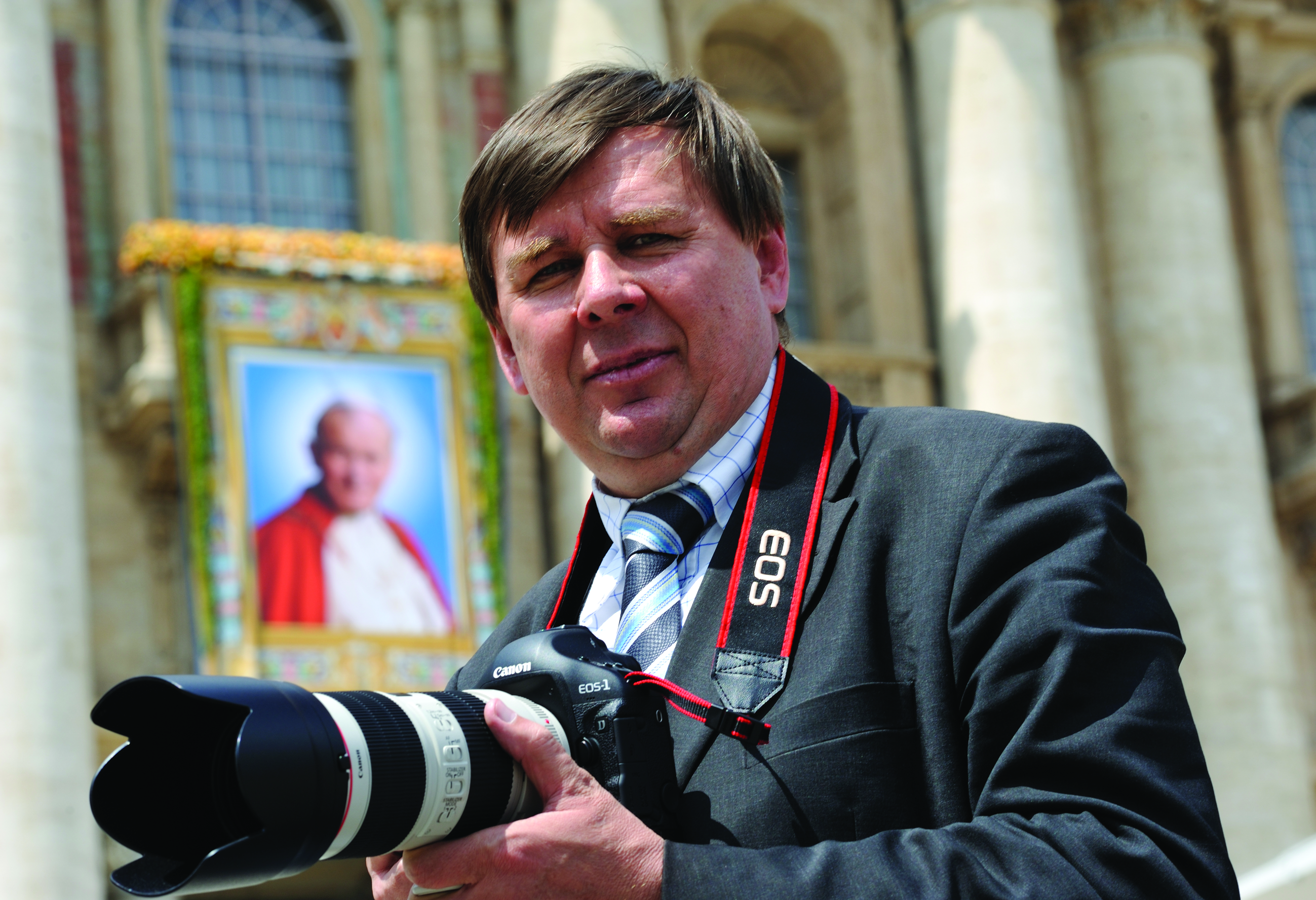
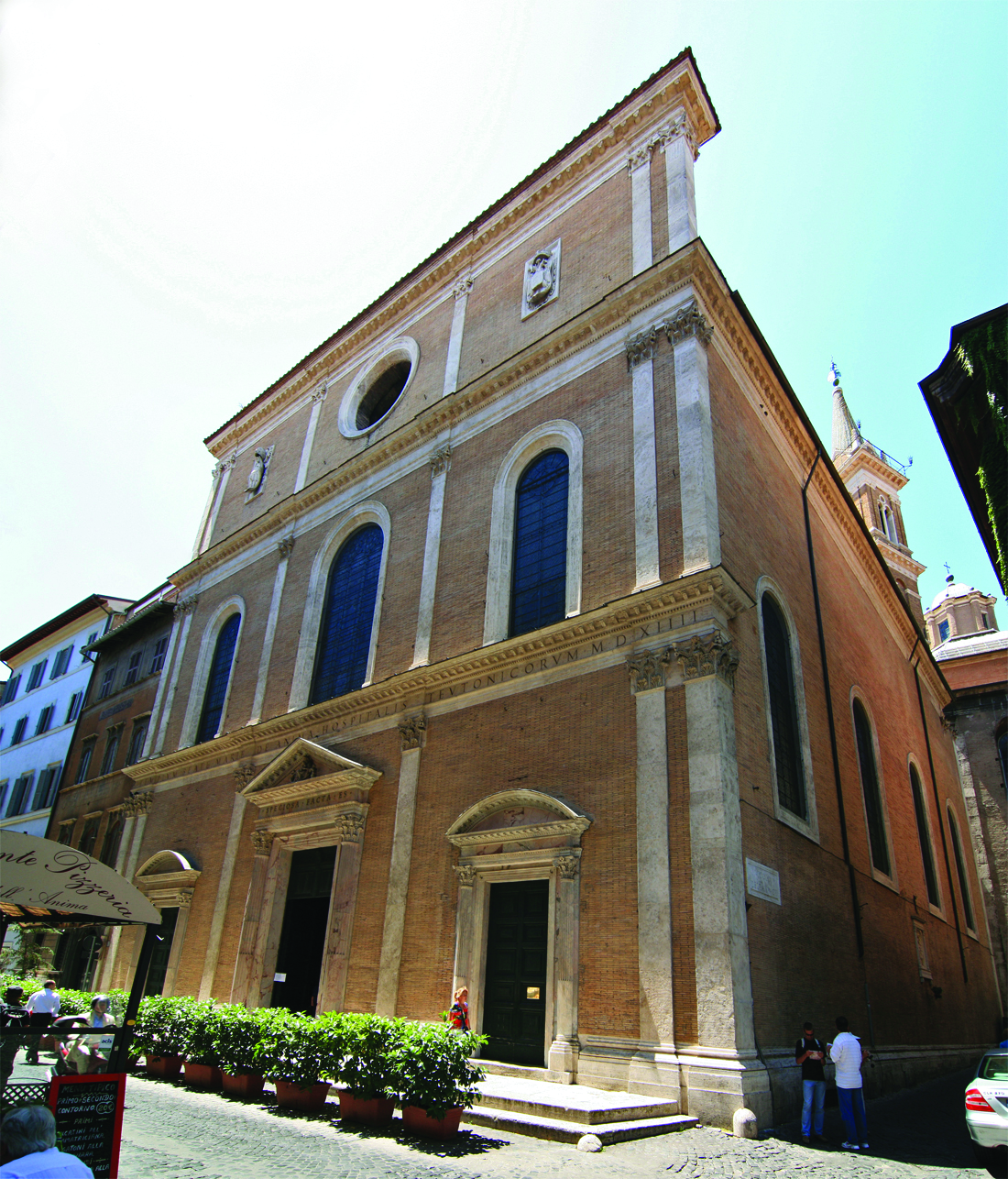
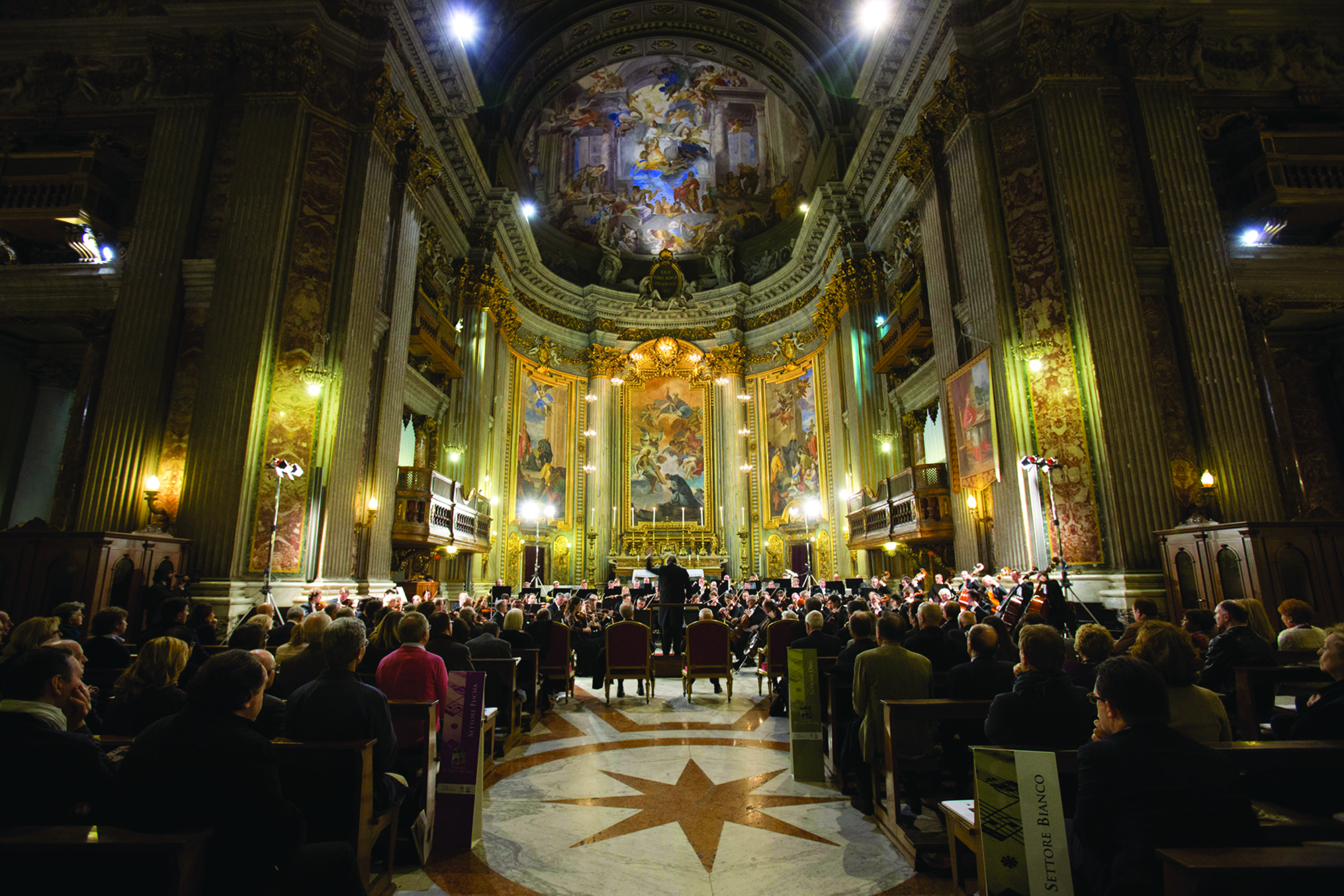
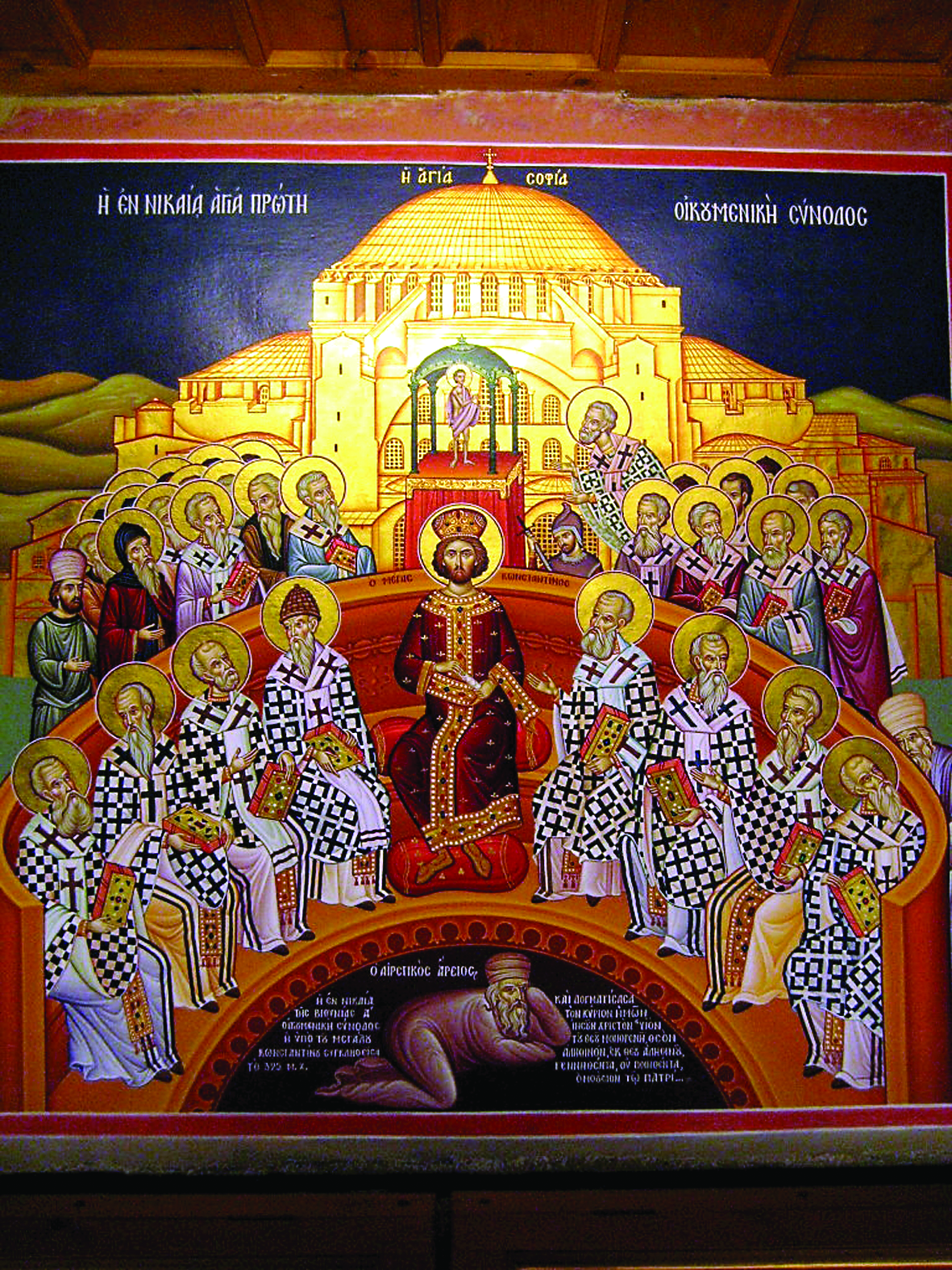
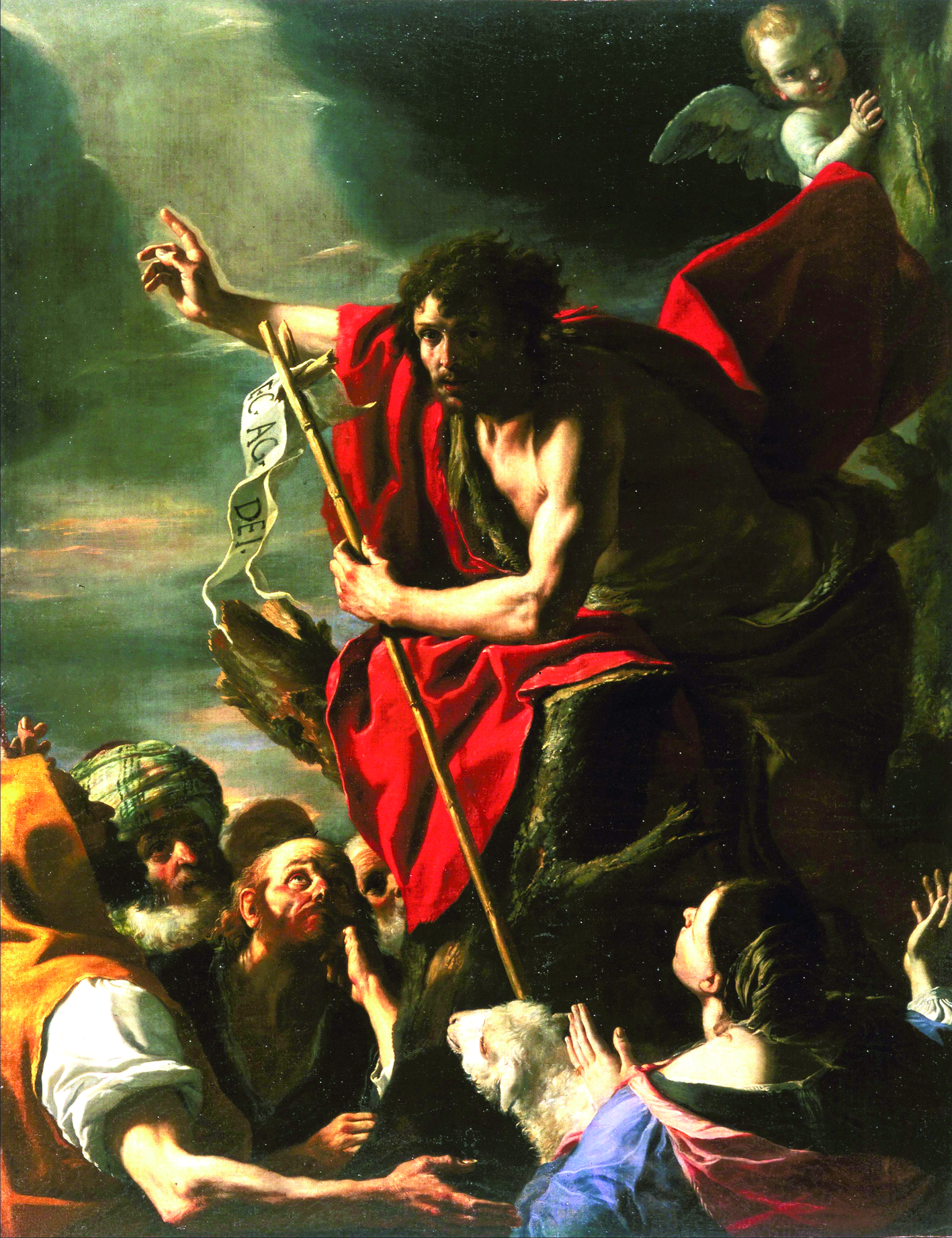
Facebook Comments